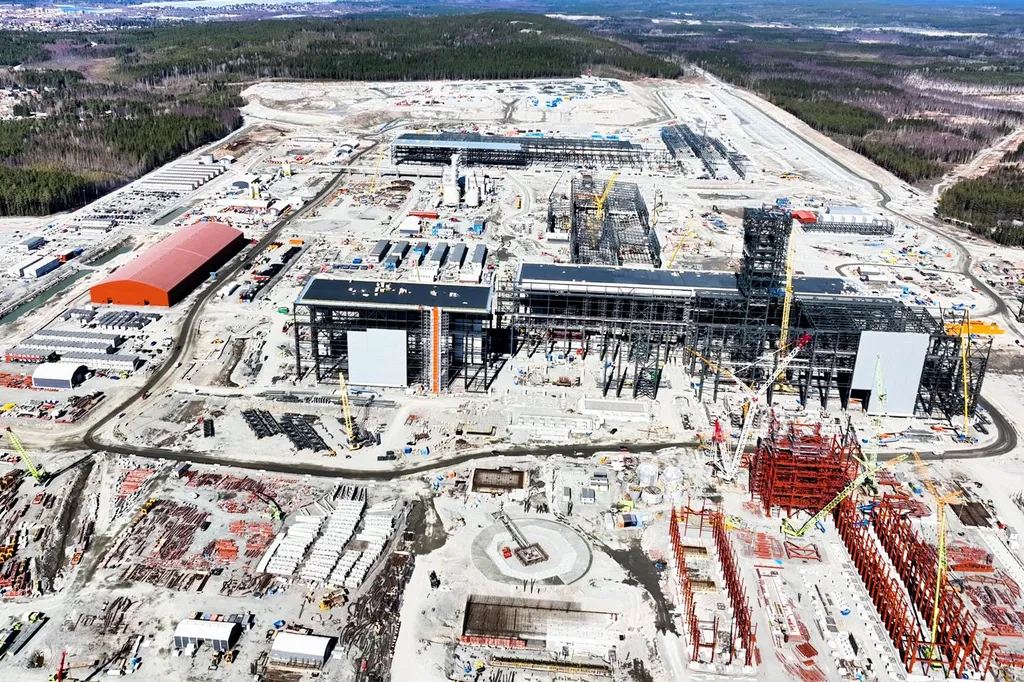In the frosty heart of Northern Sweden, a monumental shift is underway. This week, construction began on SSAB’s new steel mill in Luleå, a project that could redefine the future of steel production and set a new benchmark for industrial sustainability. SSAB, a Nordic and US-based steel giant, is pouring billions into transitioning to fossil-free steel production, a move that could slash Sweden’s emissions by a staggering seven percent.
At the heart of this transformation is a bold pivot from traditional blast furnace-based production to an electric steel mill, complete with rolling mills and electric arc furnaces. “We are building the world’s most electrified steel mill that combines cutting-edge technology in a unique way,” says SSAB CEO Johnny Sjöström. “It is an investment in both competitiveness and the climate. With the new technology, we get lower costs, shorter lead times and a better ability to handle variations in demand.”
The implications of this shift are profound. By phasing out the current production system, SSAB aims to virtually eliminate its carbon dioxide emissions in Luleå. This is not just a win for the company; it’s a significant leap forward for Sweden’s climate goals. The investment, totaling EUR 4.5 billion, also includes a cold rolling mill, advanced galvanization, and continuous annealing, ensuring that the mill is equipped to meet the demands of a rapidly evolving market.
The project is set to commence operations by the end of 2029, a timeline that underscores the urgency and ambition behind this initiative. Sweden’s Minister of Energy, Business and Industry, Ebba Busch, captured the significance of this moment in a press release: “Today we are writing history for Swedish industry. This investment consolidates Sweden’s position as a leading industrial nation and shows that we are meeting climate challenges with ground-breaking innovation and strong industrial leadership.”
This project is part of a broader vision. SSAB, in collaboration with mining company LKAB and energy company Vattenfall, is developing the Hybrit project, which aims for fossil-free production throughout the value chain, from iron ore to steel. The new factory will be powered by a blend of fossil-free sponge iron from the upcoming Hybrit plant in Gällivare and recycled scrap metal, further cementing its commitment to sustainability.
The ripple effects of this initiative could be far-reaching. As the construction industry grapples with the need to reduce its carbon footprint, projects like SSAB’s new steel mill offer a glimpse into a future where sustainability and profitability go hand in hand. The shift to electric steel production not only reduces emissions but also promises lower costs and greater flexibility, making it an attractive proposition for industry leaders worldwide.
Moreover, this project underscores the importance of collaboration. By partnering with other industry leaders, SSAB is demonstrating that the path to a greener future is one that must be walked together. The construction industry, often criticized for its environmental impact, has a unique opportunity to learn from initiatives like this and integrate similar practices into their own operations.
As the world watches, SSAB’s new steel mill in Luleå stands as a testament to what is possible when innovation meets determination. It is a bold step forward, one that challenges the status quo and sets a new standard for the industry. The question now is, who will follow suit?

